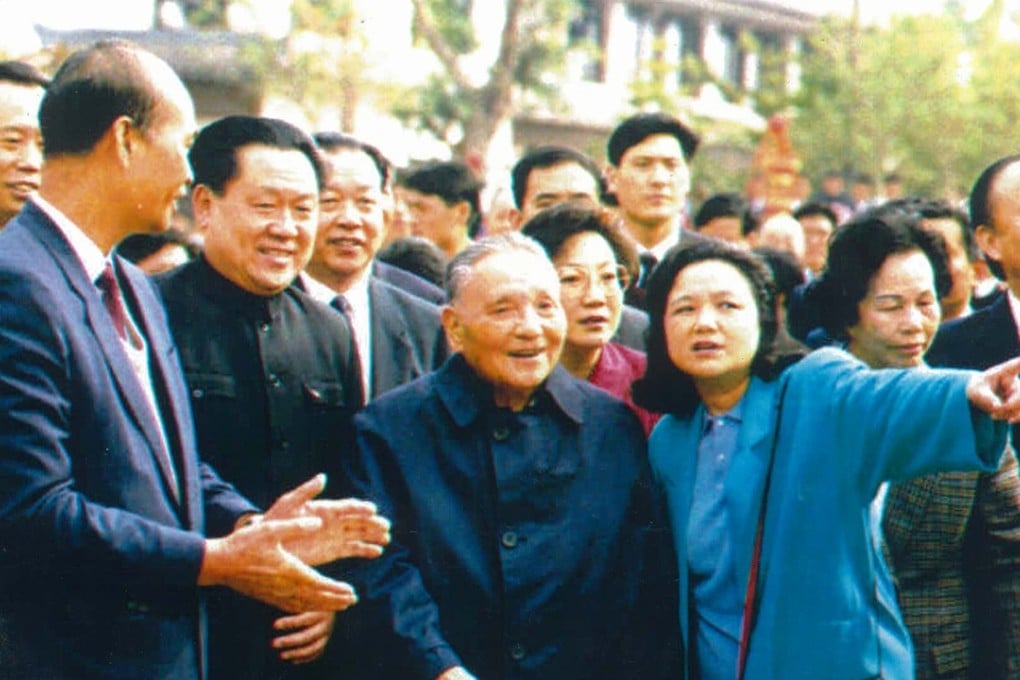China Briefing | Leftists die hard, but Xi Jinping’s blessing for China’s private sector has positive message for economy

In the coming months, a significant but sensitive anniversary is coming up that the mainland authorities will probably try to play down, but talk of its relevance will resonate in many quarters.
Fifty years ago this summer, Mao Zedong launched the Cultural Revolution which was to last the 10 years until his death in 1976. During that period tens of millions of Chinese people were persecuted, many of them killed, bringing the economy to the brink of collapse. Now commonly known as the Ten-Year Catastrophe, it is the darkest period in the history of the People’s Republic.
As the decade-long upheaval exposed radical leftist ideology at its extreme – along with the irreparable damage it had done – it has served a reminder to subsequent Communist Party leaders of the importance of being wary of leftist influences within and outside the party.
China’s late paramount leader Deng Xiaoping, who ended the upheaval and put the country track for growth, highlighted this in his famous southern tour in 1992 when he warned the party should primarily be alert to the dangers posed by leftist thought – even though it should also guard against the right.
READ MORE: China’s Donald Trump: loud and proud Ren Zhiqiang offers a litmus test for opinion inside the Communist Party
To be sure, since then, the mainland economy has risen to become the world’s second largest economy, causing leftist ideologues to retreat so much that many people believe the left-right divide is no longer relevant in China.
But leftist influences die hard. In fact, recent years have seen a resurgence of leftist thought as its followers have taken advantage of social ills including rampant corruption and rising income gaps to hobble the necessary reforms of state-owned enterprises, and hinder the promotion of the rule of law and institutional governance.
